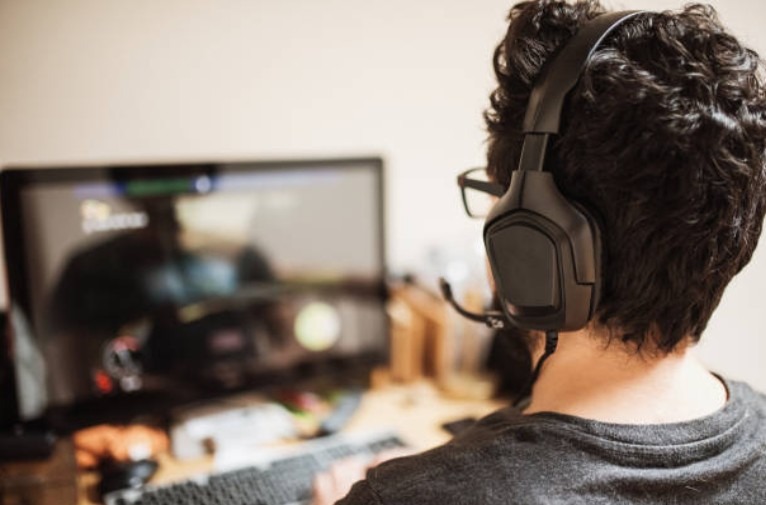Online games today are more than just a way to relax or pass the time. They bring people together, connect friends, and create exciting moments where teamwork and strategy shine.
The way players coordinate and support each other in these games reflects real-life situations where cooperation and planning make everything smoother. Playing together in a fun space often builds stronger connections while improving decision-making and communication.
Teamwork in Online Games
Teamwork is one of the most important things that online games naturally teach. When people play as a group, they learn how to trust each other and share responsibilities. Each player usually has a role, and the group succeeds when everyone plays their part well. This sense of working together creates a natural bond between teammates, almost like the connection you feel when helping friends in daily life at sbobet.
It’s not just about winning; it’s about how well people can rely on one another. Simple acts like giving clear instructions, waiting for others, or adjusting your move based on what teammates need show how teamwork works in practice. Over time, these skills also become useful outside the game, in studies, jobs, or even daily tasks at home.
Building Communication Skills
Strong communication is at the heart of teamwork. Online games create the perfect space to practice expressing thoughts quickly and clearly. Players share updates, give tips, or suggest moves, and all of this improves how they communicate. Even when people are from different places, the game connects them with a shared goal, making the conversation flow naturally.
This communication is not just about words; it’s about understanding. Players learn how to read each other’s actions and adjust instantly. It feels similar to how we understand friends or family without them saying too much. This practice keeps the game fun and also helps in building smoother communication in real life.
Trust and Dependability
Trust is another lesson that online games highlight. In many games, players depend on each other to take the right steps at the right time. Trust builds when teammates keep supporting each other, and that trust makes the team stronger. Just like in real life, knowing that others are dependable makes any task easier and more enjoyable.
Strategy in Online Games
Along with teamwork, online games also teach smart planning. Players learn how to make quick decisions, think ahead, and stay calm while finding the right move. The exciting part is that strategy doesn’t feel like a heavy lesson—it feels natural because it happens while having fun.
Games encourage players to think about what’s happening now and what might happen next. This type of planning is very similar to solving everyday problems, like deciding the best way to complete a project or planning a family outing.
Problem-Solving Through Games
Strategy in online games often comes down to solving small problems quickly. Players think of different paths, compare them, and then pick the one that helps the group the most. These problem-solving skills feel enjoyable while playing, but later show their value in real-life challenges.
It’s like when friends plan a trip together, everyone brings ideas, and then the group agrees on the smoothest way forward. In games, these problem-solving moments happen in seconds, giving players plenty of practice in creative thinking.
Quick Decision-Making
Another part of the strategy is making fast choices. Online games create situations where a player must decide instantly, and this sharpens decision-making skills. This practice can improve confidence because players see how their choices impact the outcome positively.
It’s the same logic we use when making small daily choices, like adjusting plans because of sudden changes. Online games prepare players to stay calm and make smart calls, which becomes useful in many real-life situations.
How Games Build Friendships Through Teamwork and Strategy
One of the warmest outcomes of teamwork and strategy in online games is how friendships grow. Playing together creates shared memories, fun moments, and stories to talk about later. People often find that these bonds become stronger because of the teamwork and strategic thinking they practiced together.
Just like in real life, the mix of trust, communication, and smart planning brings people closer. Online games make it natural and enjoyable, showing that teamwork and strategy can be both useful and fun at the same time.
Conclusion
Online games give people a playful space where teamwork and strategy come alive. They help players practice communication, trust, and decision-making in a way that feels light and enjoyable.
These skills easily connect to daily life, where cooperation and planning matter just as much. Teaching teamwork and strategy through fun, online games adds something valuable to both personal growth and friendships.

